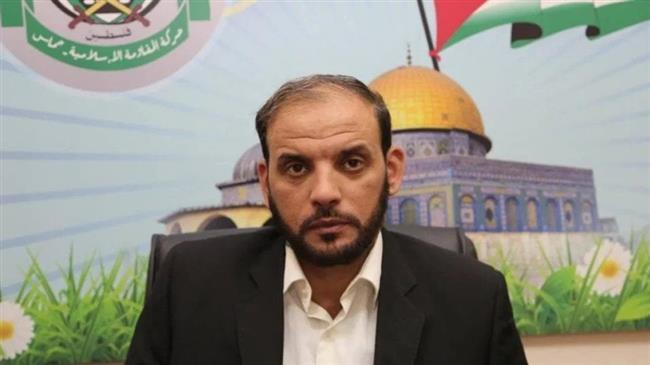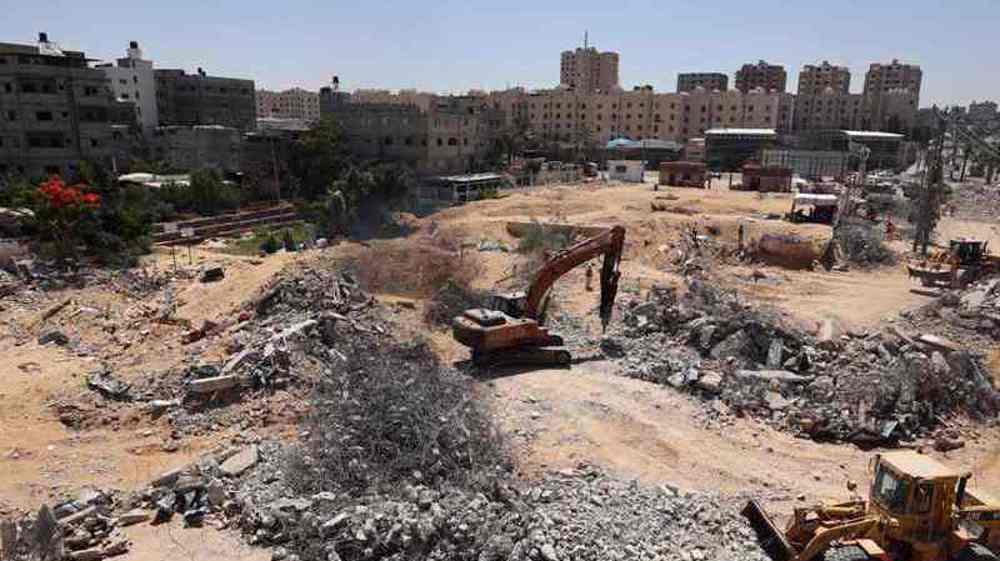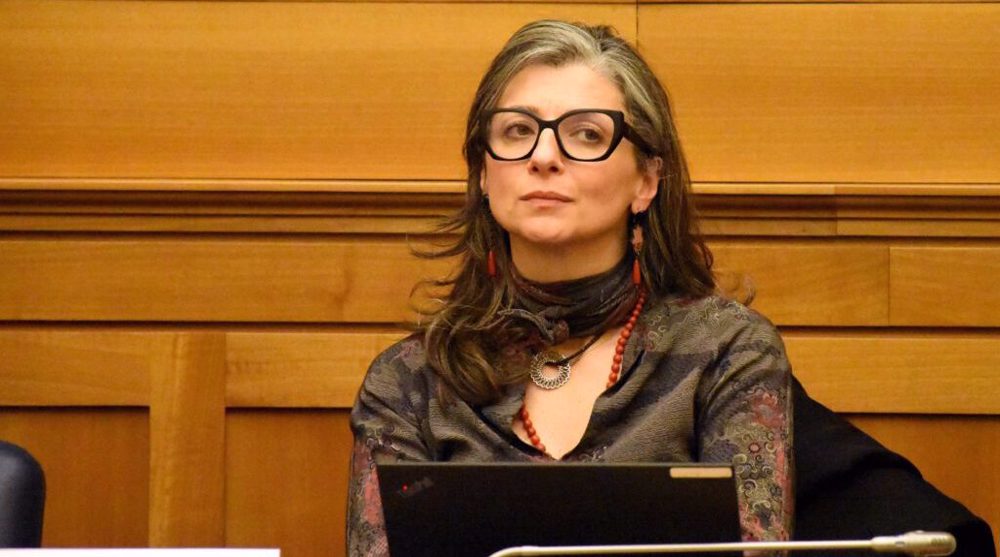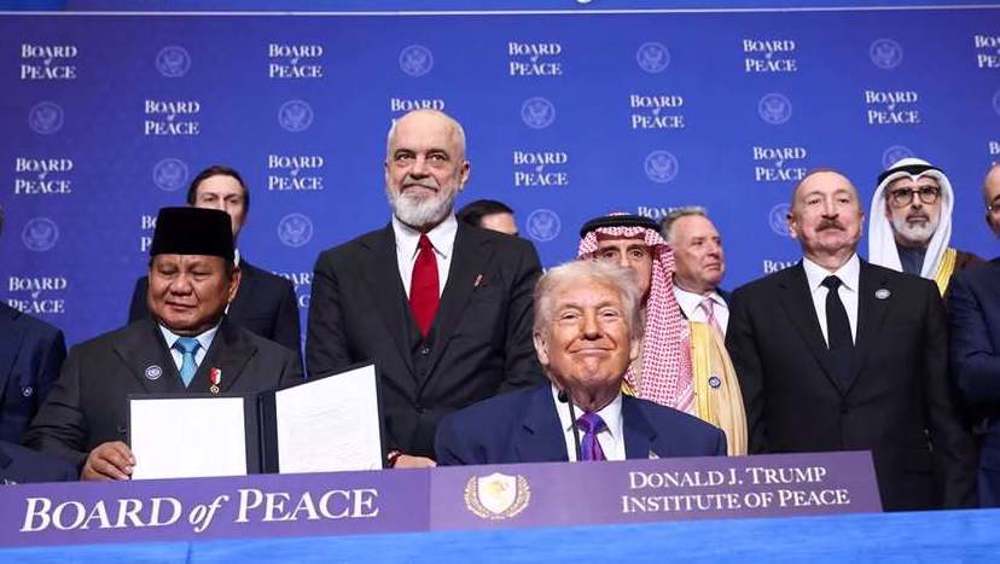Hamas will use different means to mount pressure on Israel if Gaza siege continues: Official
A senior member of Hamas has warned that the Palestinian resistance movement is ready to use various means and different mechanisms to mount pressure on Israel if the occupying regime persists in obstructing negotiations to stabilize the ceasefire and lift the siege on the Gaza strip.
Hussam Badran, a member of the Hamas political bureau, said in remarks published on the movement’s website on Monday that the change of Israeli cabinets does not concern Hamas and the Gaza-based resistance would react to any sort of disruption in solidifying the ceasefire in the coastal enclave.
“If we feel that there is some kind of [Israeli] reluctance and disruption regarding the negotiations to firm up the ceasefire and lift the siege on Gaza, we and other factions in Gaza will have to use different means to pressure the occupation,” Badran said.
The Hamas official attributed the stalemate in truce negotiations to the new Israeli cabinet “which suffers from insufficient political experience and its wide internal differences,” and underlined that, “Hamas will do everything necessary for the Palestinian people to live in freedom and dignity.”
Pointing to efforts to rebuild the Gaza Strip, Badran said the past experience has shown that a number of countries do not follow through on their commitments to help the Palestinians.
“The experience of the Gaza Strip in previous acts of aggression confirms that a number of countries do not abide by their commitments to the reconstruction of Gaza,” he said, stressing that the new Israeli cabinet is hampering the reconstruction process.
“Hamas will not allow any country to use its donation to rebuild the Gaza Strip in order to put pressure on the Palestinian resistance groups,” Badran added.
Badran also noted that Hamas has strengthened its political position in the Arab world as the resistance movement’s leader, Ismail Haniyeh, visited several Arab countries and had plans to travel to other countries in the future.
In their latest aggression on Sunday night, Israeli warplanes bombed several locations across the Gaza Strip in violation of a ceasefire that ended a fatal assault on the blockaded enclave in May.
Hamas described the Israeli bombing of Gaza as “a failed attempt to show off the regime's impotent military power and to restore the image of its army totally tarnished by the battle of al-Quds Sword”.
The Israeli regime started a 12-day war against the already Tel Aviv-blockaded Gaza Strip on May 10. As a result of the brutal aggression, more than 250 Palestinians were killed in Gaza, including 66 children, with more than 1,900 people wounded.
Gaza’s resistance groups, Hamas and the Islamic Jihad in particular, responded to the aggression on the same day that it started targeting the enclave.
Throughout the offensive, the groups fired more than 4,000 rockets towards Israel. The projectiles swept the entire expanse of the territories, many flying as far as Tel Aviv, the holy occupied city of al-Quds, and even the northern-lying cities of Haifa and Nazareth.
The Palestinian rockets also killed 12 in the occupied territories.
The Israeli regime finally gave in to an Egyptian-brokered ceasefire on May 21, incapable of stopping the resistance’s rocket avalanche.
VIDEO | Press TV's news headlines
VIDEO | Trump’s 'Gaza Riviera' vs. tents: Deep divide over US' 12-point plan
VIDEO | Palestine Action is back!
Iran’s military alertness main ‘deterrent’ against enemy miscalculations: Top commander
Hezbollah confirms 8 fighters killed in Israeli strikes on eastern Lebanon
Settler attacks in West Bank have displaced 880 Palestinian families: UN
Lebanon’s president condemns Israeli strikes as 'blatant act of aggression'
VIDEO | Epstein and Trump: Scandal, power, and political fallout











 This makes it easy to access the Press TV website
This makes it easy to access the Press TV website